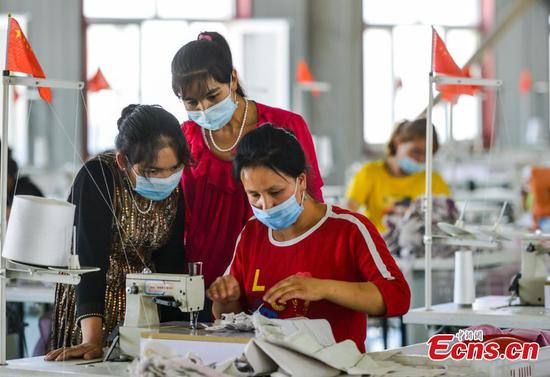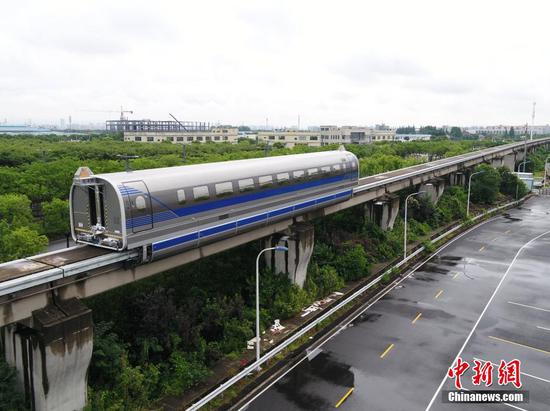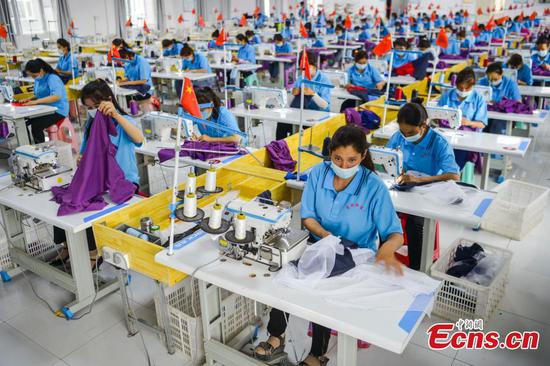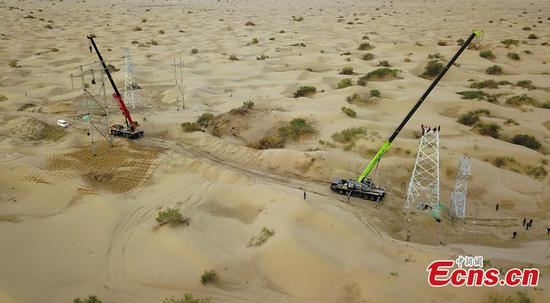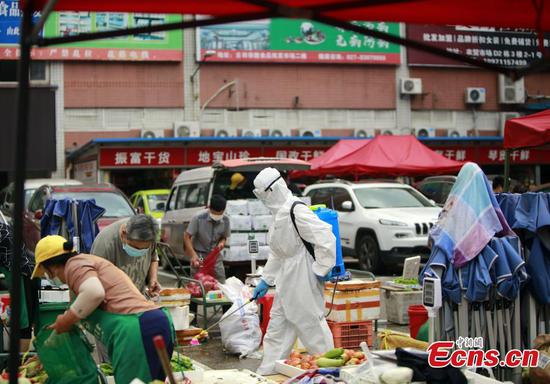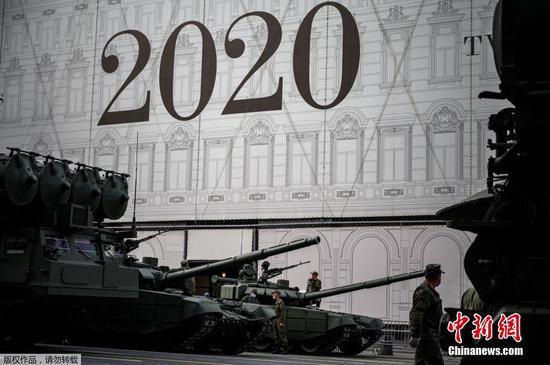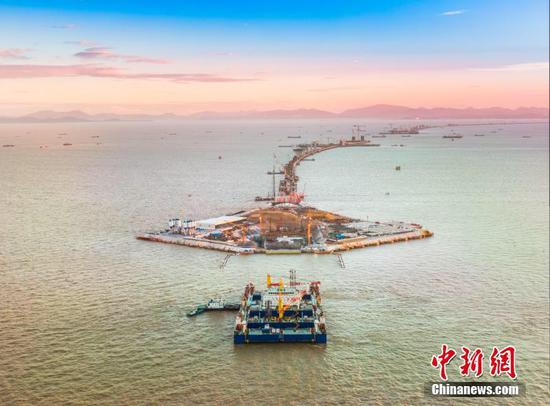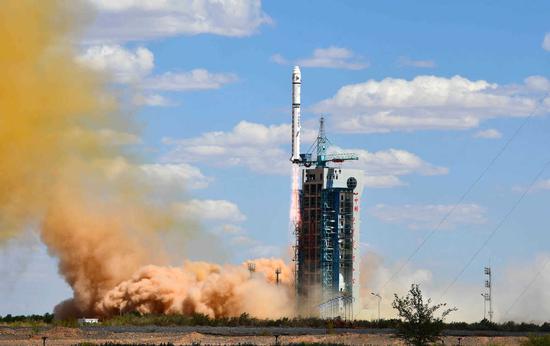China may see an upward trend in foreign direct investment inflow in the year's second half, business leaders and analysts said on Monday. The reason is that global companies remain bullish on further tapping the world's largest lucrative market, which has strong policy support and resilience, they said.
While there have been some observers concerned about a possible capital retreat because of trade tensions with the United States, China has maintained a key position in FDI in the view of global investors, said Wang Yu, global partner of Kearney, the U.S.-based management consulting firm.
Even though the COVID-19 pandemic has created uncertainties in global trade and investment, the Ministry of Commerce reported that China saw FDI growth in the nonfinancial sector jump on a yearly basis by 11.8 percent in April and 7.5 percent in May, justifying global investors' confidence in the market.
China's economic stimulus efforts, including financial assistance for infrastructure and tax waivers and reductions for all types of businesses, have sent a clear signal that the country is acting to bolster corporate activities, Wang said.
He said the planned signing of the Regional Comprehensive Economic Partnership agreement by Asia-Pacific nations at the end of 2020 would also boost commercial connectivity in the coming years of the post-COVID-19 era.
Many foreign companies are aware that China is still lagging behind many developed economies in its urbanization rate and per capita GDP, which helps motivate them to keep investing in the country's manufacturing and service sectors to seize more market share, said Bai Ming, a senior researcher at the Beijing-based China Academy of International Trade and Economic Cooperation.
Bai said the structure of foreign investment has improved, facilitated by China's well-developed industrial and supply chains. The nation has upgraded from labor-intensive industries to high technology and service businesses, he said.
Foreign companies have long benefited from and contributed to China's development, accounting for nearly half of the country's foreign trade, one-fifth of tax revenue and one-fourth of the total output of major industrial companies, the Ministry of Commerce said earlier this year.
Industry experts said that the nation's new round of reform and opening-up, including shortening of the negative list for investment and announcement of the master plan for the Hainan Free Trade Port, will attract more high-tech manufacturers, financial institutions and long-term investors from overseas.
Howard Ozawa, president and CEO of Canon China, said the Japanese company is looking forward to greater investment and development opportunities in research and development, production and sales in China, and has great expectations for China's economic recovery as well as the continuous improvement of the nation's investment and business environment.
He said Canon has been paying close attention to the development of the Guangdong-Hong Kong-Macao Greater Bay Area and has been actively deploying a strategic business approach to help it further expand its presence in the region.
Thailand's TCP Group, owner of the popular energy drink brand Red Bull, also plans to invest more than 1 billion yuan ($141 million) in the Chinese market over the next three years. As part of the new investment, the company will build a plant in Beijing's Huairou district that will become operational in 2021.
"Over the past decades, one of the most impressive changes is that the Chinese authorities as well as businesses and local communities have made notable efforts in trying to strengthen IP protection," said Saravoot Yoovidhya, CEO of TCP Group, adding such a business environment means a lot to foreign companies since it shows their brands and technologies are protected.
Given China's large and growing domestic market, further opening-up will help offset some of the demand contraction in other countries and stimulate global growth, said Wang Huiyao, president of the Center for China and Globalization in Beijing.
China's commitment also serves as a catalyst for continued liberalization and integration of the global economy, he said.











